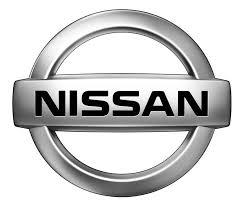Quest Minivan GXE V6-3.3L (VG33E) (2002)
/Page-429001.png)
Refrigerant: Environmental Impact Information
WARNING:
-
Do not release refrigerant into the air. Use approved recovery/recycling equipment to capture the refrigerant every time an air
conditioning system is discharged.
-
Always wear eye and hand protection (goggles and gloves) when working with any refrigerant or air conditioning system.
-
Do not store or heat refrigerant containers above 52 °C (125 °F).
-
Do not heat a refrigerant container with an open flame; if container warming is required, place the bottom of the container in a warm
pail of water.
-
Do not intentionally drop, puncture, or incinerate refrigerant containers.
-
Keep refrigerant away from open flames: poisonous gas will be produced if refrigerant burns.
-
Refrigerant will displace oxygen, therefore be certain to work in well ventilated areas to prevent suffocation.
-
Do not pressure test or leak test HFC-134a (R-134a) service equipment and/or vehicle air conditioning systems with compressed air
during repair. Some mixtures of air and R-134a have been shown to be combustible at elevated pressures. These mixtures, if ignited, may
cause injury or property damage. Additional health and safety information may be obtained from refrigerant manufacturers.
